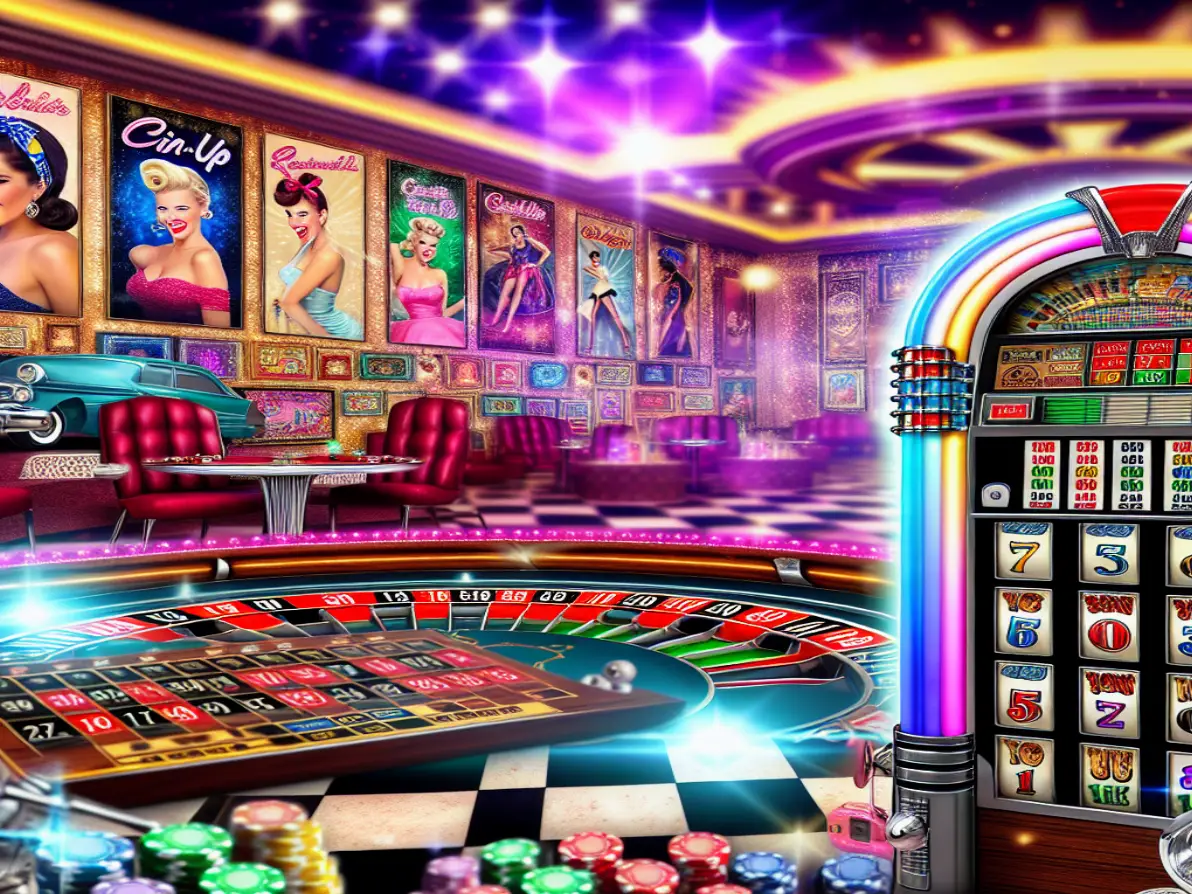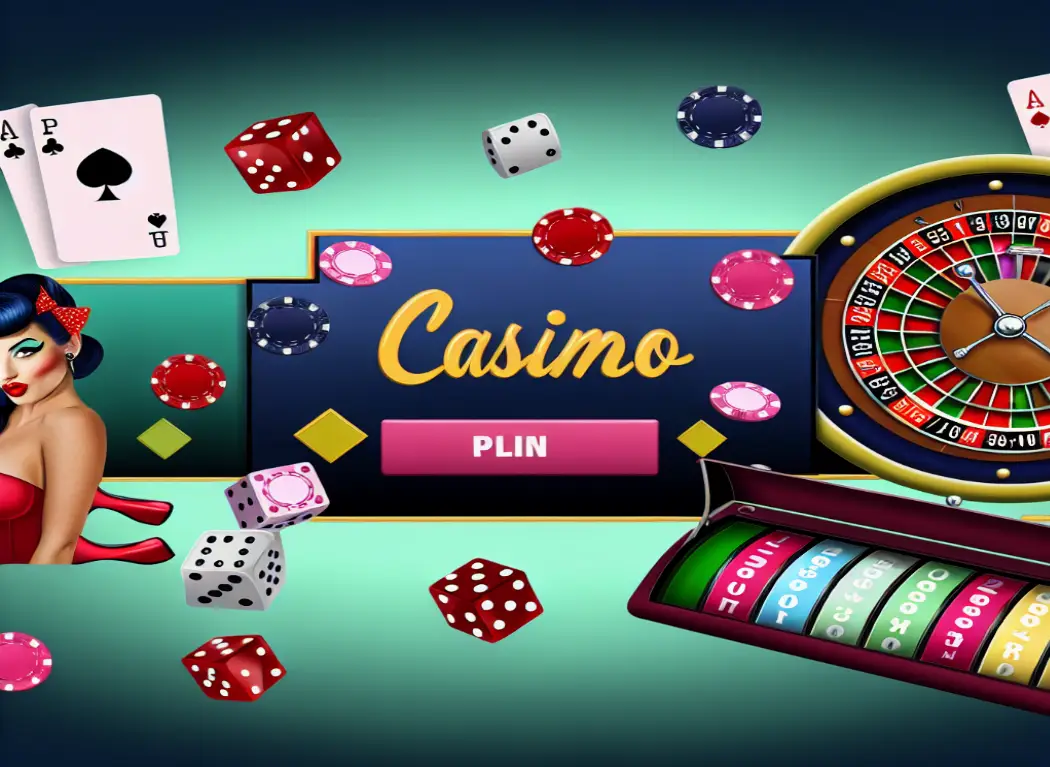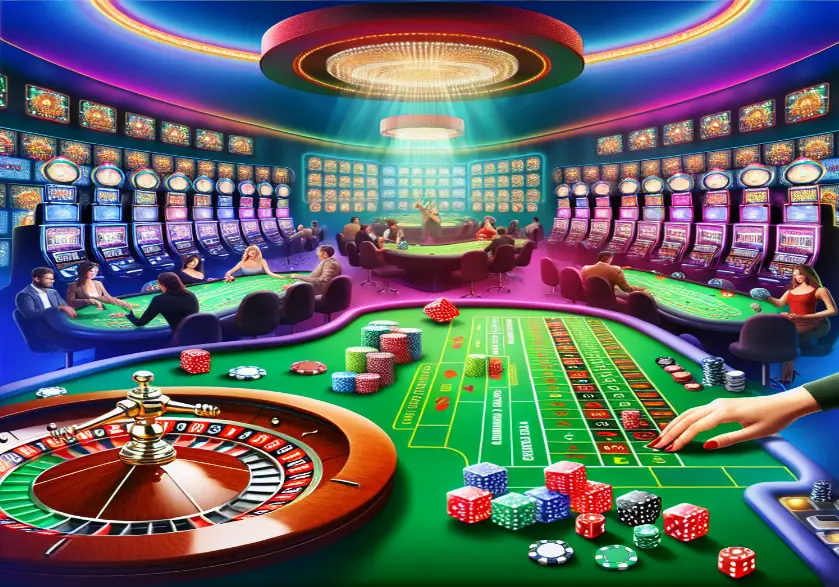First, you will need to research the legal requirements for opening a casino in your area. This may involve obtaining a gaming license, registering your business, and complying with local regulations. It is important to understand the legal framework surrounding casinos to ensure that you are operating within the law.
Next, you will need to secure funding for your casino. This may involve obtaining a loan, seeking investors, or using your own capital. It is important to have a solid financial plan in place to ensure that your casino is sustainable in the long run. Consider factors such as operating costs, marketing expenses, and potential revenue streams when creating your financial projections.
Finally, you will need to design and build your casino. This may involve hiring architects, interior designers, and construction crews to bring your vision to life. Consider factors such as the layout of the casino floor, the design of the gaming tables, and the decor of the space. It is important to create a welcoming and engaging environment for your customers to ensure that they have a positive experience at your casino.
Market Research and Analysis
Market research and analysis are essential components of running a successful casino business. By conducting thorough research, casino operators can gain valuable insights into their target market, competitors, and industry trends. This information can help them make informed decisions about marketing strategies, game offerings, and customer service initiatives.
One key aspect of market research in the casino industry is understanding player preferences and behaviors. By analyzing data on player demographics, spending habits, and game preferences, casinos can tailor their offerings to better meet the needs and desires of their customers. This can help increase customer satisfaction and loyalty, ultimately leading to higher revenues and profits.
Competitive analysis is also crucial for casino operators looking to stay ahead in a competitive market. By studying their competitors” strategies, strengths, and weaknesses, casinos can identify opportunities for differentiation and improvement. This can help them develop unique selling points and attract new customers, ultimately driving growth and success in the casino business.
Legal Requirements and Licensing
When it comes to running a casino, legal requirements and licensing are crucial aspects to consider. In order to operate a casino, owners must adhere to strict laws and regulations set forth by the government. This includes obtaining the necessary licenses and permits to ensure that the casino is operating within the confines of the law.
One of the most important legal requirements for running a casino is obtaining a gaming license. This license is issued by the gaming commission in the jurisdiction where the casino is located and is necessary to legally offer gambling services. Without a gaming license, a casino would be operating illegally and could face serious consequences.
In addition to obtaining a gaming license, casinos must also comply with other legal requirements, such as age restrictions for patrons, responsible gambling policies, and anti-money laundering regulations. Failure to comply with these requirements can result in fines, license revocation, and even criminal charges.
Overall, understanding and adhering to legal requirements and licensing is essential for the success and longevity of a casino. By staying compliant with the law, casino owners can ensure the safety and security of their patrons and protect their business from legal repercussions.
Designing the Casino Layout
Designing the layout of a casino is a crucial aspect of creating an inviting and enjoyable atmosphere for guests. The placement of gaming tables, slot machines, and other amenities must be carefully considered to maximize traffic flow and encourage patrons to stay and play. Many casinos use a circular layout with the most popular games located in the center to attract attention and create a lively atmosphere.
In addition to the physical layout of the casino floor, the design elements such as lighting, color schemes, and décor play a significant role in creating a memorable experience for guests. Bright lights and bold colors are often used to create a sense of excitement and energy, while more subdued lighting and elegant décor can create a more upscale and sophisticated atmosphere. The overall goal is to create a space that is visually appealing and comfortable for guests to spend time in.
Another important consideration when designing a casino layout is the placement of amenities such as restaurants, bars, and entertainment venues. These areas are strategically placed throughout the casino to encourage guests to take breaks from gambling and enjoy other activities. By creating a well-balanced layout that incorporates a variety of amenities, casinos can cater to a wide range of guests and keep them engaged and entertained throughout their visit.
Acquiring Gaming Equipment and Supplies
When it comes to acquiring gaming equipment and supplies for a casino, there are several important factors to consider. One of the most crucial aspects is the quality of the equipment. It is essential to invest in high-quality gaming tables, slot machines, and other supplies to ensure a positive gaming experience for customers.
In addition to quality, it is also important to consider the variety of gaming equipment available. Casinos should offer a wide range of games to cater to the diverse interests of their customers. This may include traditional casino games such as blackjack and roulette, as well as newer, more innovative games to keep things exciting.
Another key consideration when acquiring gaming equipment and supplies is the cost. Casinos must strike a balance between investing in high-quality equipment and staying within budget. It is important to carefully research suppliers and compare prices to ensure the best value for money.
Furthermore, casinos should also consider the maintenance and upkeep of their gaming equipment. Regular maintenance is essential to ensure that all equipment is functioning properly and to prevent any costly breakdowns. Investing in a maintenance plan can help extend the lifespan of gaming equipment and minimize downtime.
Overall, acquiring gaming equipment and supplies is a crucial aspect of running a successful casino. By prioritizing quality, variety, cost-effectiveness, and maintenance, casinos can create a positive gaming experience for their customers and set themselves up for long-term success.
Marketing and Promotions Strategy
Marketing and Promotions Strategy are crucial aspects of a successful casino business. It is important to create innovative and enticing promotions to attract new players and retain existing ones. By offering a variety of bonuses, rewards, and special events, casinos can build customer loyalty and increase revenue.
One effective way to promote a casino is through online marketing. Utilizing social media platforms, email campaigns, and targeted advertising can reach a larger audience and drive traffic to the casino website. Additionally, offering incentives such as a registration bonus can entice new players to sign up and start playing.
- Create a loyalty program to reward frequent players
- Host special events and tournaments to attract new customers
- Offer exclusive promotions and discounts for VIP players
- Utilize affiliate marketing to reach new audiences
Overall, a well-planned marketing and promotions strategy can help a casino stand out in a competitive market and drive success. By understanding the target audience, utilizing online marketing channels, and offering enticing promotions, casinos can attract and retain players, ultimately leading to increased revenue and profitability.



